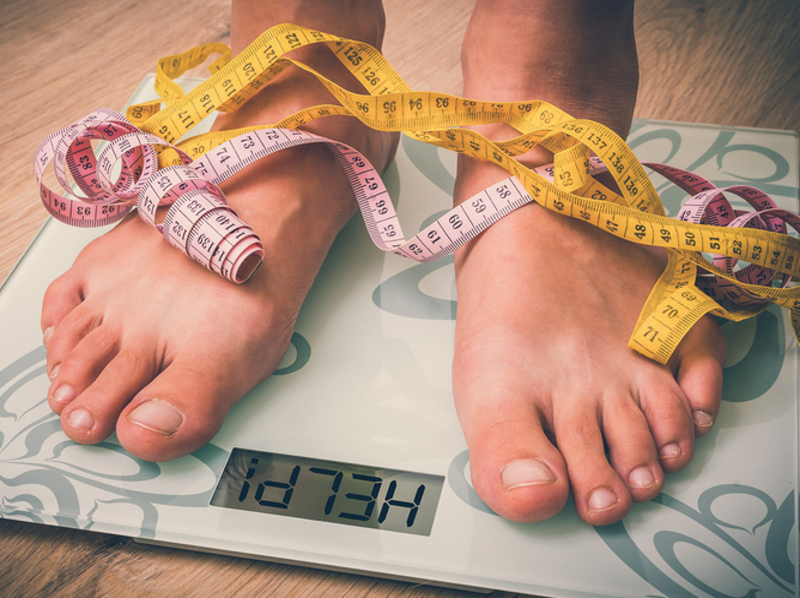Do Antibiotics Make People Fat?

The common side effects of antibiotics are well-known, but a worrying new one has emerged — weight gain.
Antibiotic use causes the loss of ‘good’ bacteria from our digestive tract (gut), with disastrous consequences for the way we process food. In a Huffington Post article, Dana Ullman discusses how recent research has discovered:
- Bacteria within the gut are more heavily involved than previously suspected in the hormonal regulation of fat and hunger, food digestion, and lipid production
- A link exists between obesity and lower levels of gut bacteria in humans and mice
- Destruction of gut bacteria by antibiotics may be linked to adolescent obesity, type II diabetes, metabolic syndrome, inflammation, high blood pressure, high cholesterol, and heart disease.
- Farmers have long known that antibiotic use stimulates excessive growth in animals, something they have used to produce heavier stock with fattier and poorer quality meat.
Other findings include:
- Scientists say that microbes essential for human life are now becoming ‘extinct’
- Individuals who carry the H. pylori bacterium (which is now being eradicated through antibiotics) have a lower risk of childhood asthma, skin allergies, and allergic rhinitis
- Important metabolic pathways dependent on poorly understood microbes might also be lost
- Exposure to infectious microbes during childhood might protect against serious conditions in adulthood, including cardiovascular disease
- Excessive focus on hygiene may lead to inflammatory diseases
- Antibiotics may are linked to breast cancer
The article concludes with research that shows that homeopathy can safely resolve nuisance-value and serious infections, providing a viable alternative to antibiotic use. Some of this research is also discussed in our articles on coughs and colds.
To read the article in full, visit Do Antibiotics Make People Fat?






